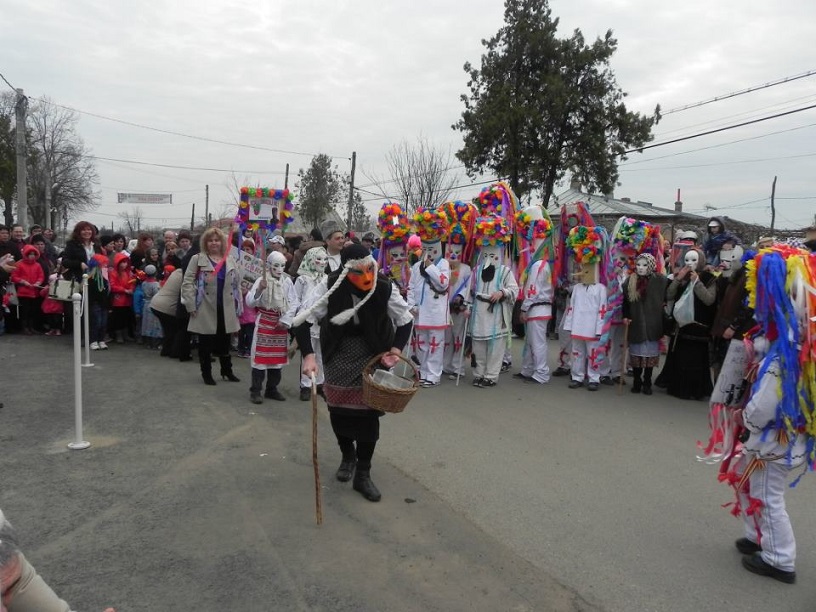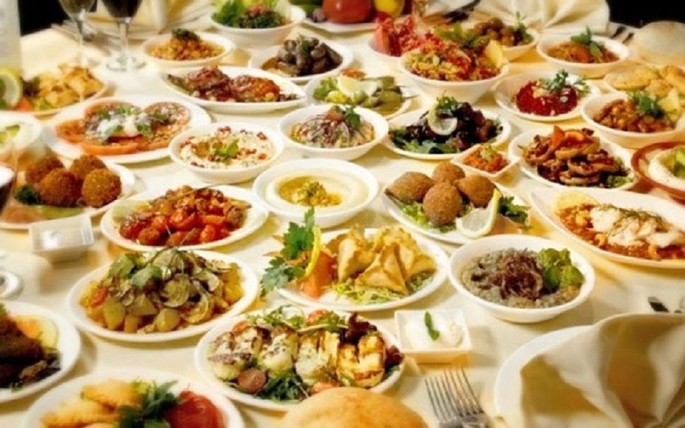Cheesefare Sunday is the last great “holiday” preceding the Lent. It is celebrated by a genuine culinary feast involving many dishes, thus that people eat and drink to repletion. There are ritual dishes, such as meat jelly, which are also given as offerings for the souls of the dead in the Saturday prior to the Cheesefare Sunday, as well as the famous Lazarus’ Pie.

Furthermore, a significant number of rites meant to finally separate the two layers can be found: that of warmth of that of cold, light of dark, and life of death:
“The last day when this type of produce can be eaten, which is meat, is also named Meatfare Sunday. The Meatfare Sunday and the next week’s Cheesefare Sunday maintain traces of some very important pagan holidays for the traditional calendar. In full winter,they are ceremonies benchmarking the official departure of deadly cold and darkness of winter, as well as ceremonies for invoking the victorious sun, by stimulating its action, its low-power being deemed echo of a critical time experienced by the star, thus that it required help by some special rites.”[1]
It must be reminded the fact that on that date the masked carnival took place in all Romanian regions. It has various names, based on the area, “mascați”, “măimuși”, “leoarfe”, and “corni”. Those are just young men wearing masks while dressed in animal skins, such as sheep, wolf, or bear, who fight (in some areas, for real), hit each other with sticks, play, and wrestle. That custom has different names; in Banat, it is named Lunea Cornilor (Masked Monday)(inAlmajului Valley) or “fărșang” (in Oravita area).
Basically, the custom is a carnival meant to restore the primordial chaos, out of which the world will be brought back ab ordos by the Resurrection of Christ. The naturalized social rules are abolished, young men roam the village swearing and singing ribald songs, pinching girls and women, without anybody getting upset. Furthermore, if a young man would want to marry a girl despite her parents’ reluctance, he would join the masked group and sing at the girl’s house, thus stating his decision to marry her.
Bonfires are lit during night time and young men jump over them. This is the beginning of purification and it will continue during the entire Lent. It is about bodily purification (going over the fire, refraining from eating meat, cheese, and eggs), but also spiritual purification. Source: nicolaecristianbadescu.blogspot.ro
Sources:
[1]Antoaneta Olteanu, Calendarele poporului român (Calendars of Romanian people), p. 141, Bucharest, Paideia Publishing House, p. 576


















